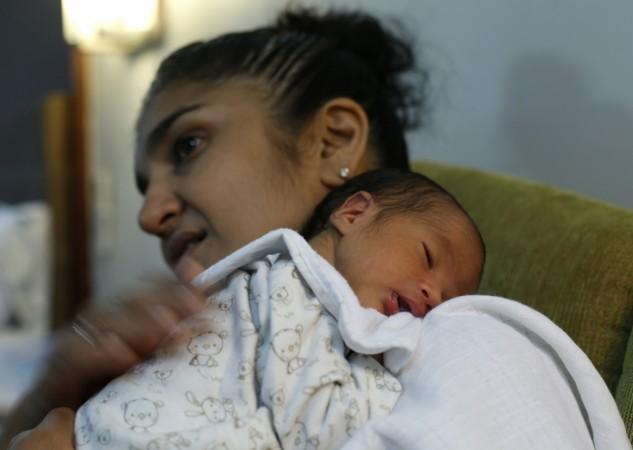
Now, couples can check their chances of conceiving with in vitro fertilization (IVF) before the starting of the treatment with the help of a new calculator -- Outcome Prediction in Subfertility (OPIS).
With the help of this new pre-treatment calculator, women can find out the chances of being successfully pregnant prior the first IVF cycle.
"I don't think women would want to undergo their first cycle of IVF just to determine their chances in future cycles – I think their aim would be to have a baby in that first attempt," Dr David McLernon of the University of Aberdeen was quoted as saying by Reuters.
According to the study, 113,873 women with a total of 184,269 complete IVF cycles were examined by the researchers.
It was found that:
- 29 percent of these women had a baby just after one IVF cycle
- 43 percent of them had given birth post completing six IVF cycles.
Age was one pre-treatment factor which could estimate the chances of conceiving. It was found that women who were 31 prior their first IVF cycle had 66 percent more chances of giving birth than those who were 37 or more.
The odds of success also depended on the number of years these couples stayed infertile prior to trying the IVF treatment. It was found that couples who had experienced infertility for three years had nine percent more chances of conceiving than those who experienced it for six years.
After beginning the IVF treatment, these four factors influenced the success of conceiving:
- The number of eggs that were retrieved in the cycle.
- The age of the woman.
- If the eggs were frozen or not.
- The developmental stage of the embryos prior being transferred into the uterus of the woman.
A study even revealed that more number of eggs produced in a cycle could point towards it being of lower quality which would decreases the chances of conceiving.
All these factors collectively stated that a 30-year-old woman with an experience of two years of infertility had:
- 36 percent chances of having a baby after completing one IVF cycle
- 79 percent chances of having a baby after completing three IVF cycles.
"To the degree that the patient understands that success rate, realises that it is an estimate only, and understands that additional factors not included in the model could influence the outcome, it can be helpful," said Judy Stern, an obstetrics researcher at Dartmouth-Hitchcock Medical Center in Lebanon, New Hampshire.
"It can also give false hope (or lack of hope) and it is thus important that patients thoroughly discuss these rates and their own specific situation with their providers," she added.

















